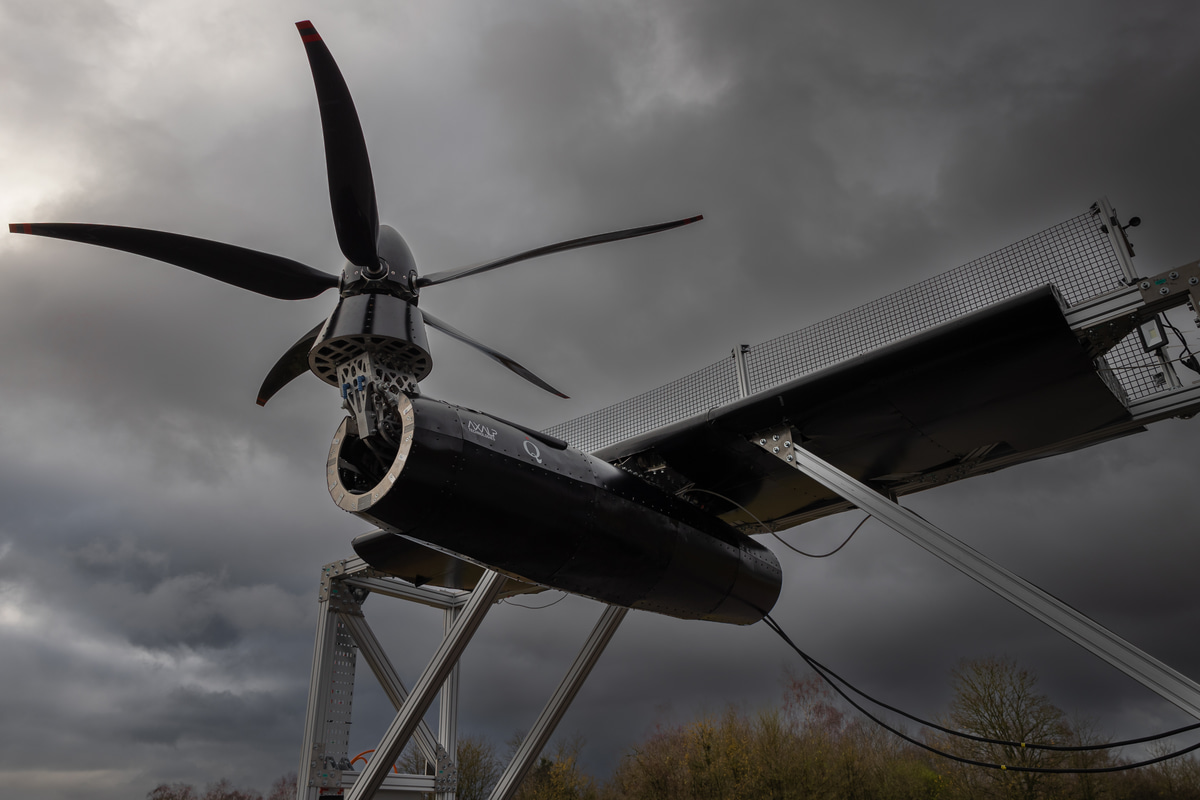Innovations in Aerospace: AI, Electric Propulsion, Thermal Batteries, and Hydrogen Fuel Cells
Key Ideas
- GE Aerospace increases investment in AI applications across a range of uses in the aerospace industry.
- Lilium achieves a milestone in electric propulsion tests for eVTOL aircraft at a specialized lab in Germany.
- U.S. Air Force supports Wright's development of rechargeable thermal batteries for military uncrewed air vehicles.
- H3 Dynamics collaborates with Lyte VTOL Aircraft to provide hydrogen fuel cells and install hydrogen electrolyzers at airports for fuel production.
GE Aerospace has expanded its investment in AI technology, utilizing it in various applications within the aerospace sector. Meanwhile, Lilium has reached a significant stage in electric propulsion testing for their eVTOL aircraft, utilizing a dedicated lab in Germany for ground tests. The U.S. Air Force has shown support for Wright's work on developing rechargeable thermal batteries, potentially for use in military uncrewed air vehicles. Additionally, FAA has validated the engines powering the Citation Ascend, following approval from Transport Canada. Moya has shifted to hybrid-electric propulsion for their autonomous eVTOL aircraft, designed for tasks like cargo deliveries. Certification testing for the GE Catalyst Turbine is on track for completion by the end of the year. Furthermore, H3 Dynamics is set to supply hydrogen fuel cells for the Lyte VTOL Aircraft and assist in the installation of hydrogen electrolyzers at airports to produce fuel. GKN is collaborating with Vaeridion and H55 to develop electric aircraft wiring for a nine-passenger 'Microliner' aircraft aimed at connecting smaller cities.
Topics
Aviation
Innovation
Aerospace
Electric Propulsion
Certification Testing
Hybrid-Electric Propulsion
Thermal Batteries
Latest News
